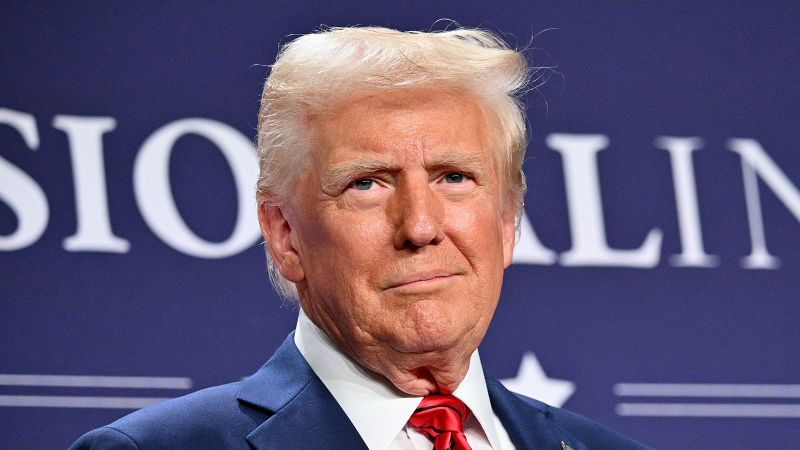In Donald Trump’s second presidency, his political strategy of projecting toughness and creating chaos was evident in a tariff showdown with Canada and Mexico. Initially set to impose 25% levies on imports, Trump postponed the tariffs, claiming victories and concessions. However, a closer look reveals that Trump may have actually backed down to avoid economic repercussions.
Despite White House claims of triumph, the concessions from Canada and Mexico were relatively minor, such as deploying troops and border security measures. Pro-Trump media celebrated these actions as significant wins, but critics viewed Trump’s approach as transactional and lacking substance.
The tariff showdown highlighted Trump’s volatile foreign policy approach, raising doubts about his ability to strike meaningful deals and eroding trust in American diplomacy. By antagonizing close allies like Canada, Trump risked weakening Western solidarity against common adversaries.
Trump’s actions also sent a message to China and showcased his willingness to pursue deals without deeper considerations. This episode revealed Trump’s focus on claiming victories rather than long-term policy impact.
The fallout from the trade tensions could have lasting effects, straining relationships with Canada and causing political polarization. Former allies expressed dismay over the damage to bilateral ties, emphasizing the need for extensive efforts to repair the partnership.
Ultimately, Trump’s aggressive stance on trade has reshaped diplomatic dynamics and strained international relations, highlighting the potential long-term consequences of his approach.

